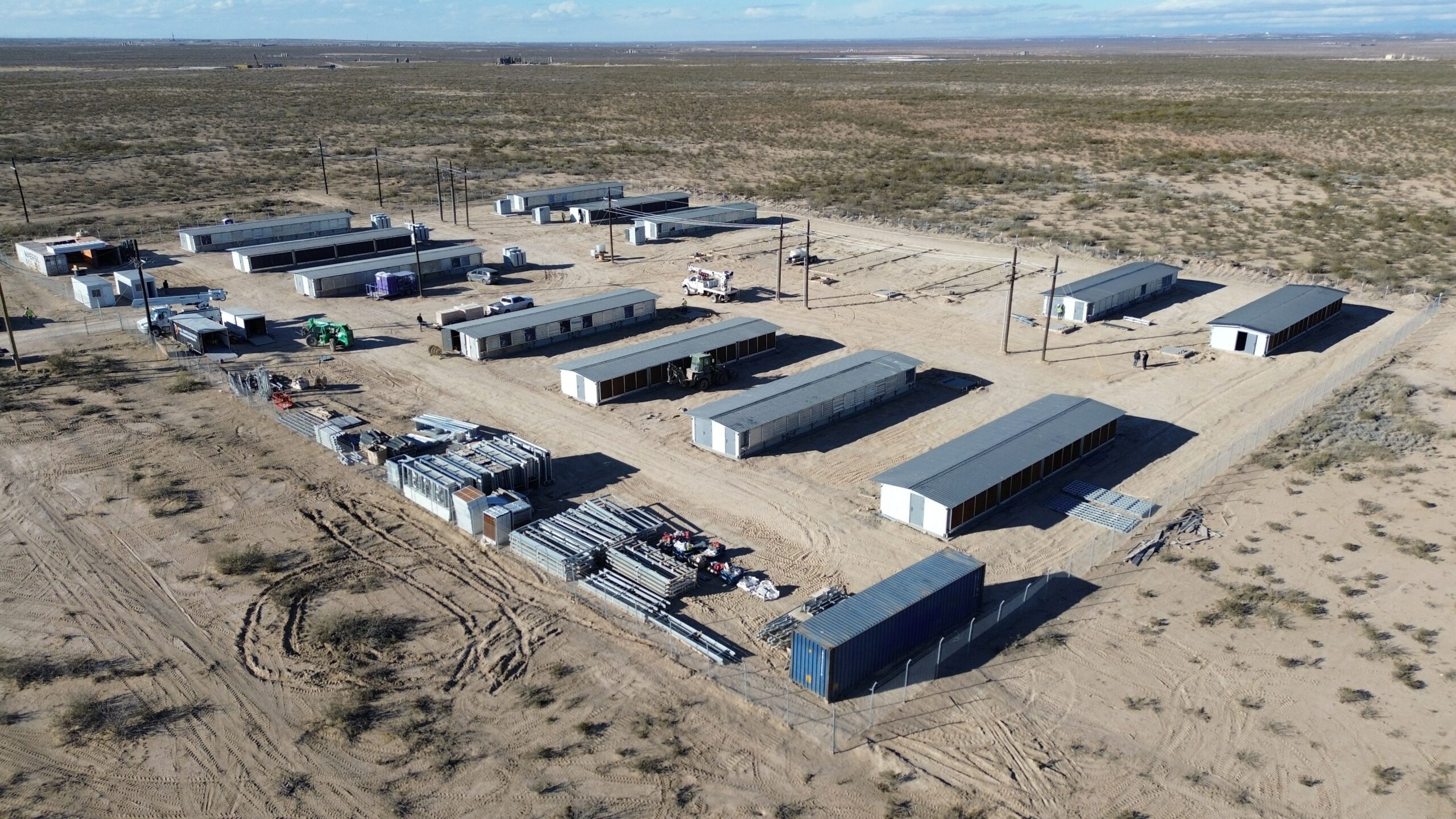Chinese Bitcoin Mining Hardware Makers Expand to US Amid Trade Tensions
The world’s three largest manufacturers of bitcoin mining machines, all Chinese companies, are establishing manufacturing bases in the United States as President Donald Trump’s tariff war reshapes the cryptocurrency supply chain.
Bitmain, Canaan, and MicroBT control over 90% of the global mining rig market. These companies produce specialized computers designed for complex number-crunching that generates bitcoin. By setting up US operations, they aim to mitigate the impact of tariffs but risk exacerbating US security concerns about Chinese technology.

“The US-China trade war is triggering structural changes in bitcoin’s supply chains,” said Guang Yang, chief technology officer at crypto tech provider Conflux Network. “For US firms, this goes beyond tariffs. It’s a strategic shift toward ‘politically acceptable’ hardware sources.”
Bitmain, the largest of the three by sales, began US production of mining rigs in December following Trump’s presidential victory. Canaan started trial production in the US to avoid tariffs imposed by Trump in April. MicroBT stated it is “actively implementing a localization strategy in the US” to mitigate tariff impacts.
The three companies dominate a market estimated to be worth $12 billion by 2028. Their hardware is crucial to the bitcoin mining process, which is energy-intensive and extends through various stages of the cryptocurrency business chain.
US rival Auradine, backed by top bitcoin miner MARA Holdings, has lobbied to restrict Chinese supplies to stimulate competition in hardware. “While over 30% of global bitcoin mining occurs in North America, more than 90% of mining hardware originates from China, representing a significant imbalance,” said Auradine’s chief strategy officer, Sanjay Gupta.
Consultancy Frost & Sullivan estimated that the top three Chinese firms held 95.4% of the hardware market in terms of computing power sold as of December 2023. Gupta noted that hundreds of thousands of Chinese mining rigs connected to the US electrical grid pose a security risk.
Canaan’s senior executive Leo Wang argued that mining rigs don’t threaten security because they’re useless without being applied to bitcoin mining. However, manufacturers could face “collateral damage” from US restrictions on high-tech sales to Chinese firms.
The US has imposed a 10% baseline tariff on imports from many countries, with an additional 20% on imports from China. Trump’s administration has also considered increasing tariffs for Southeast Asian countries where Chinese rig makers have assembly plants.
As the US aims to strengthen its cryptocurrency infrastructure, China’s dominance in bitcoin hardware “creates a choke point for US miners,” according to John Deaton, a US crypto-law attorney. “If China restricts exports or manipulates supply, it could disrupt bitcoin’s network stability and affect US users and investors,” Deaton warned.
While Chinese rig makers establish US operations, US miners will likely continue buying rigs from China in the short term, incurring higher import costs, said Kadan Stadlemann, chief technology officer at crypto platform Komodo. “But this isn’t about hurting the industry. It’s about forcing a long-overdue shift,” he added.


